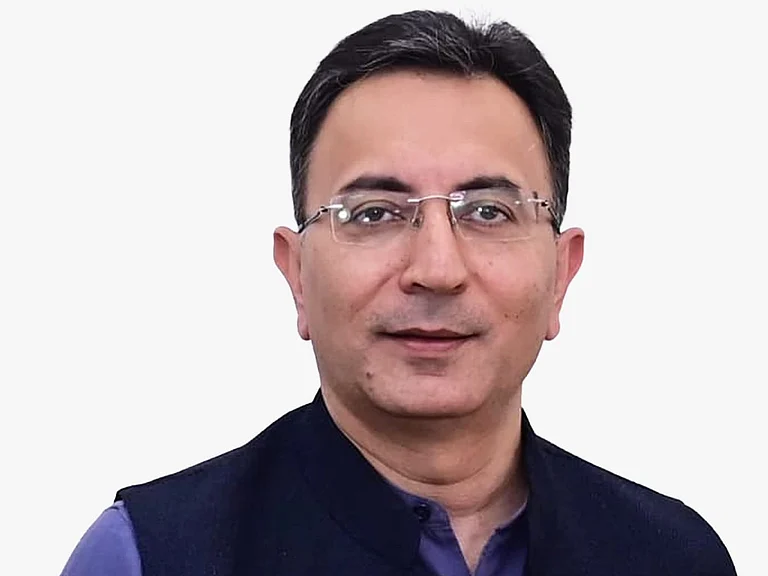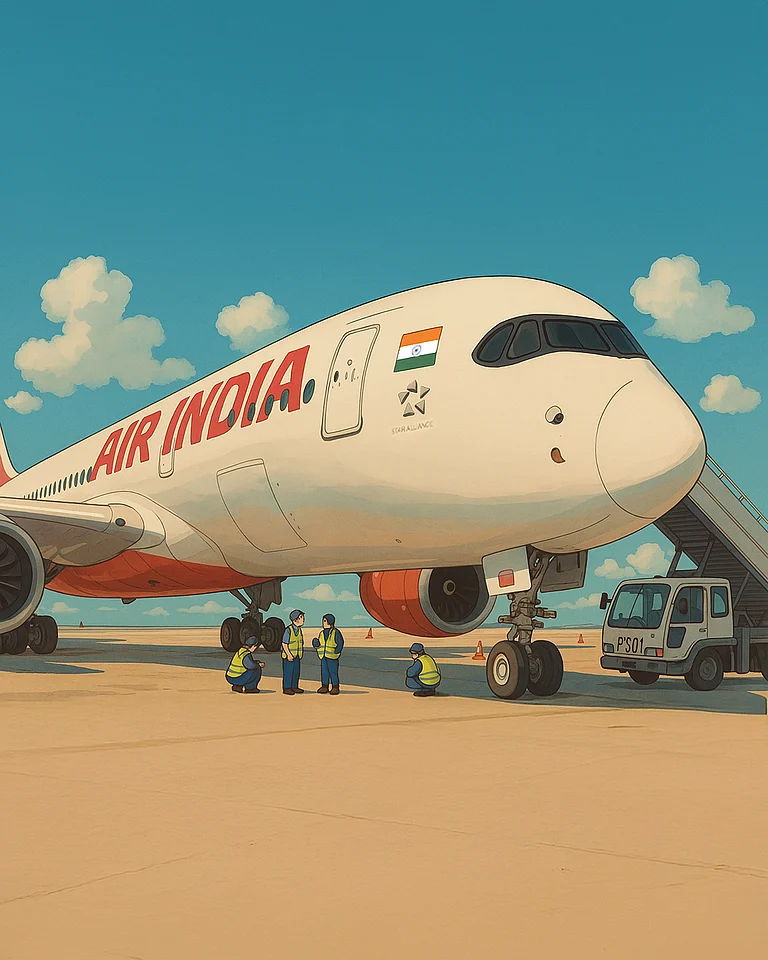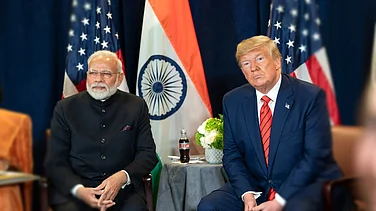India risks losing out to China and Vietnam as it aims to establish itself as a major player in the global smartphone market. Rajeev Chandrasekhar, deputy Information Technology minister emphasizes the need for immediate action to attract global companies by reducing tariffs, reported Reuters citing confidential government documents.
Smartphone manufacturing is a crucial part of Prime Minister Narendra Modi’s vision to boost the economy and create employment by attracting companies such as Apple, Foxconn, and Samsung to India.
India’s mobile production grew 16% year-on-year to $44 billion last year. While the government attributes the success to financial incentives given to companies to increase production, critics argue that India’s high tariffs are preventing companies from diversifying their supply chains beyond China.
Chandrasekhar’s January 3 letter and a confidential presentation sent to the Finance Minister highlight the concerns over India’s competitiveness. He says that India’s high production cost is due to high tariffs among key manufacturing destinations. The geopolitical shifts are forcing supply chains out of China and India must act swiftly to prevent losing opportunities to competitors such as Vietnam, Mexico, and Thailand.
It also mentions that India’s smartphone exports accounted for only 25 per cent of production last year, while China and Vietnam recorded significantly high numbers at 63 per cent and 95 per cent, respectively, due to lower tariffs on components, according to a Reuters report.
India aims to represent 25 per cent of global electronics manufacturing by 2029 but official documents reveal that its current stake is only at 4 per cent.
Chandrasekhar calls for a swift tariff reduction strategy as despite recent tax reductions on certain components, including battery covers, other tariff cut requests on items like chargers and circuit boards were not approved.
In his letter, Chandrasekhar said that surging local demand has helped keep the local manufacturing industry profitable but this domestic market of smartphones will shortly near saturation. He emphasizes the need to shift to a tariff policy that aligns with the country’s new ambitions. India seeks to take mobile phone production to over $100 billion a year with 50 per cent of that exported.
































